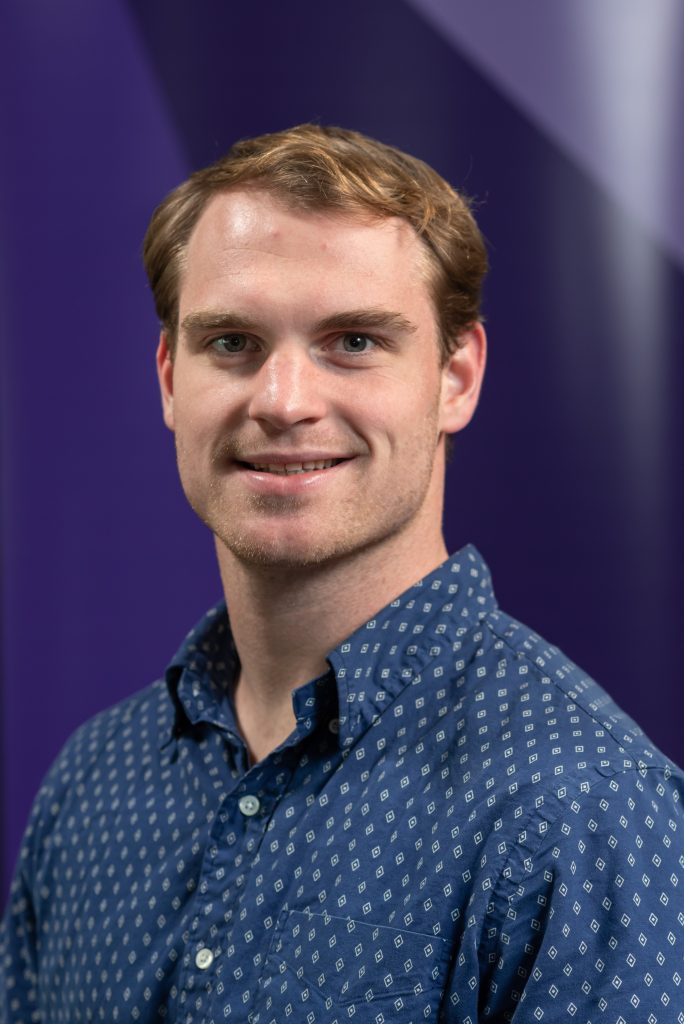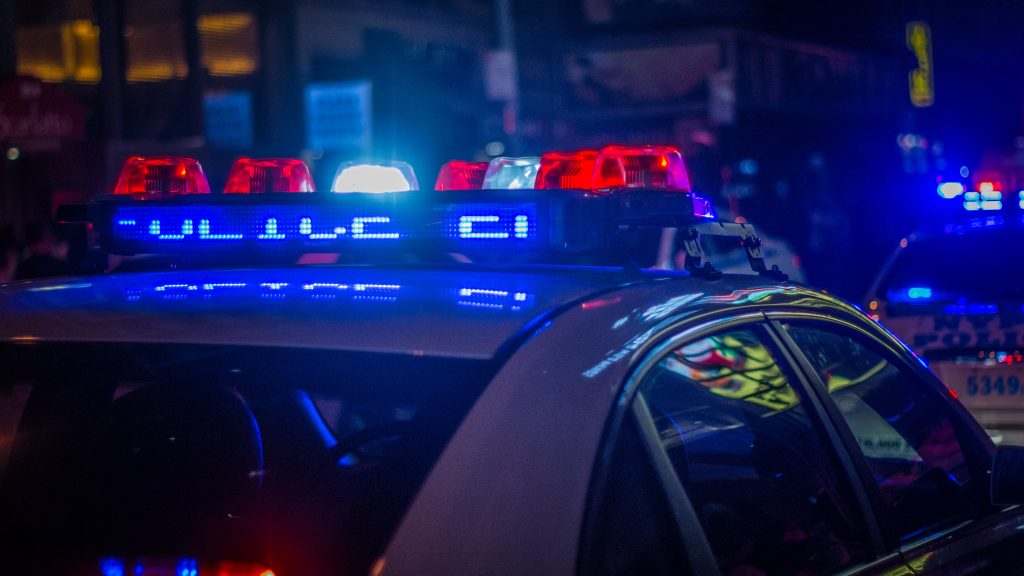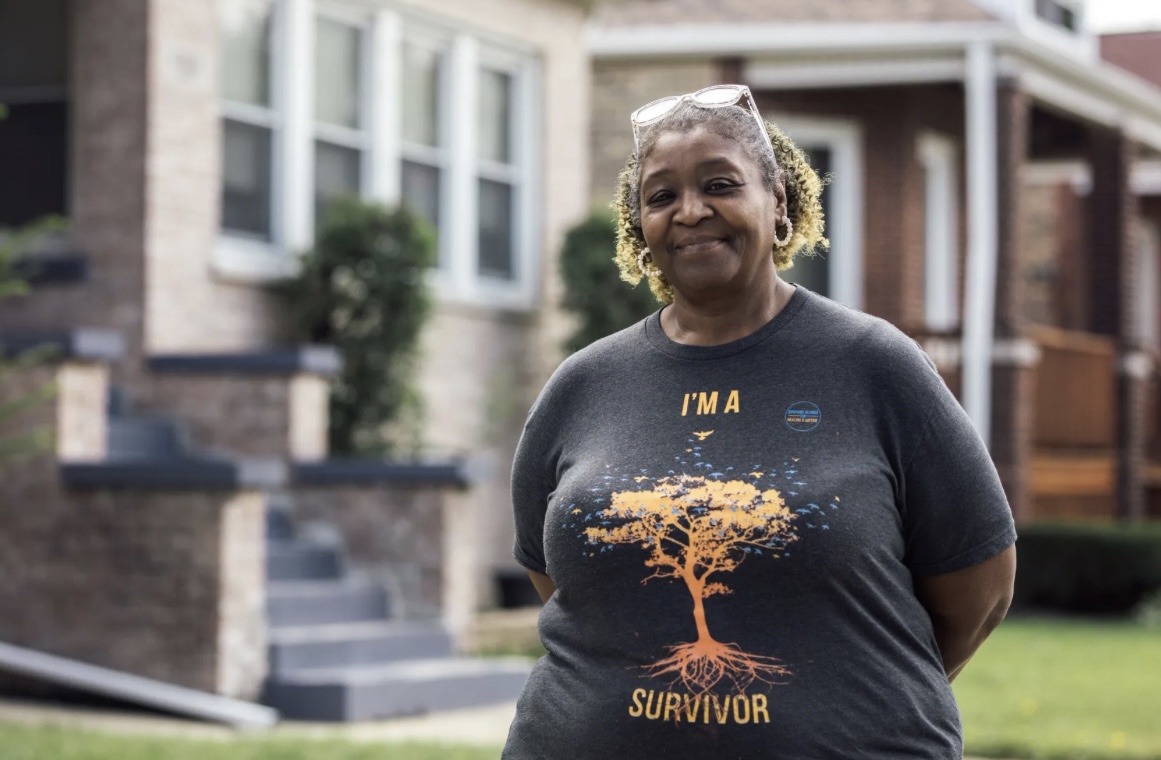In seeking to understand how to improve community and police relationships, the focus is increasingly turning to officers’ mental health.
In 2018, the Department of Justice estimated that approximately 15% of police officers nationwide wrestle with PTSD, in comparison with 5% of the general public in the year 2020, according to the U.S. Department of Veterans Affairs. PTSD results in increased rates of sleep disorders, anxiety, and depression. Since 2018, at least 22 Chicago Police officers have died by suicide, while 7 have died in the line of duty.
In December 2022, there was one week in which three Chicago police officers committed suicide.
In an interview with WTTW, Alisha Warren of the Chicago Department of Health said that the holidays can be a hard time of the year for those dealing with anxiety and depression. She noted, in connection with these three officers, that it is a time of year when many feel nostalgic about their families, and that for some they convince themselves that their role is a burden to their friends and family.
Chicago Police officer Matt Bracken and Chicago-based police and public service psychologist Dr. Carrie Steiner, a former officer, are among those who feel an increase in mental illness amongst police officers is the result of a cultural shift that demonizes officers.
In Chicago, they say, community anger toward officers has pushed many to leave the force and made it difficult for the department to find new recruits.
According to a report by WTTW in March 2023, the Chicago Police Department spent $210.5 million on police overtime in 2022, a 56% increase from 2021, revealing the reality of staffing shortages.
Some also blame rising crime rates for these personnel issues. In a vicious circle, the short-staffing makes work even more grueling, stressful and dangerous for officers on the force.
Since 2018, in Chicago murder rates have increased by 20%, motor vehicle theft has increased by 114%, and theft has increased by 32%, according to Chicago police statistics.
Hence staffing shortages, community opposition and increased crime have generated a police force that is understaffed, less-qualified, and dealing with higher rates of traumatic instances, Dr. Steiner and other experts say.
Resources lacking
Dr. Steiner notes that many officers have difficulty sharing their trauma with psychologists who do not have experience on the force. She noted one occasion where an officer went to a psychologist to discuss an incident where they discharged their weapon in self-defense. The psychologist asked why they did not shoot the suspect in the leg instead of the chest.
Dr. Steiner said this inquiry reveals the lack of awareness many psychologists have about police training and the use of firearms in self-defense. She also noted that this type of questioning does not help an officer when they are already in distress regarding the incident, and that questions like these belong in the courtroom, not in an environment where officers need to be vulnerable in order to find help. She says instances like this are not rare, and push many officers away from seeking help.
Chicago police have faced particular community animosity in the past decade because of a number of high-profile shootings by officers, including the killing of teenagers Laquan McDonald in 2014 and Adam Toledo in 2021.
Seventeen-year-old Laquan McDonald was fatally shot by Chicago police 16 times. Video recordings of the shooting were not released until 2015 after the police department fought to withhold evidence from the public, resulting in a city-wide outcry for better policing that scarred police and community relationships in Chicago.
Adam Toledo, 13, allegedly was fatally shot by an officer after running away and dropping what appeared to be a weapon. He raised his hands to the officers, and was fatally shot in the chest. Once again, Chicagoans protested and demanded better policing.
In Chicago and many other cities, racial tension is central to fraught community-police relationships and takes a heavy toll on the well-being of officers, especially officers of color who feel caught in the middle between their communities and their department.
Conference Offers Solutions
In May, police officers of all ranks from jurisdictions around the nation gathered in Atlanta for the Professionalizing Law Enforcement-Community Engagement Training (PLECET).
Panelists and speakers discussed officers’ mental health as part of larger efforts at reform and community engagement at the event. Speakers collectively echoed ideas that advocate for a shift in perspective, like Dr. Friedmann, and discussed different approaches to officer wellbeing and growing community relationships as the solution forward.
Many officers and experts at the conference considered the cultural moment of critique towards policing to be a factor in the increased rates of mental illness amongst officers. Hence, they argue there need to be better relationships between police officers and the communities they serve. They say these relationships will help to bring down instances of injustice, promote a healthier work environment for officers, and shift the broader perspective on police officers to one where they are a part of the community, instead of a separate entity serving the community.
The conference sought to integrate these concepts in police departments around the nation.
Chief Anthony Halloway of the St. Petersburg Police Department in Florida spoke in favor of a nuanced perspective during a panel discussion at the conference, stressing the importance of interaction between communities and police departments.
“People fear each other because they don’t know each other,” said Halloway. “People do not know each other because they do not properly communicate with one another.”
Sheriff Gary McFadden is the current and first Black sheriff of Mecklenburg County which includes the city of Charlotte, North Carolina. He also spoke at a PLECET panel discussion and stressed the importance of treating his officers like family in an effort to improve their work environment, and their willingness to engage with the community. He also called on police bosses to interact more with their officers.
“Every working deputy eats at my house for Thanksgiving… let your staff know that you love them, and treat them with respect,” said Sheriff McFadden.
Sheriff McFadden spoke about thinking outside of the box, and urged officers to connect with one another and the community in ways not seen as normal policing, such as hosting community events and participating in conversations with the community to collectively find better strategies.
He said his department puts on community engagement activities every weekend, and the surrounding community has responded positively. Furthermore, officers now feel a greater sense of camaraderie and connection with one another and the community they serve, he said.
Dr. Robert Friedmann of Georgia State University is a professor emeritus of Criminal Justice and the founding director of the Georgia International Law Enforcement Exchange.
He argues that in order to create better policing strategies, the issue of police officer wellbeing has to be an important part of the conversation.
“If you take police officers for granted, you probably take citizens for granted,” Dr. Friedmann said at the conference. “So before you try to treat your citizens better, you need to also treat your officers better.”
He argues that hostility toward police stems in part from people not understanding what officers are going through.
“To be a police officer in 2023 is probably the most demanding job ever,” Dr. Friedman said in a separate interview. “If I compare what police on the front line have to do and the variety of challenges they have… they deal with anything from a couple in a fight, to somebody barricading themselves in a room. And you have to be able to respond to a whole set of issues that change from minute to minute. The level of training and performance needed for police officers today is much different than it was 20 or 30 years ago.”
Dr. Friedmann advocates for a shift towards a service-centered approach in policing in order to address the trend of officer mental illness and community dissatisfaction with policing. His service-centered approach articulates that in order to create better policing, we need to view policing and crime through a different lens.
He argues that the epidemiology of crime needs to be placed in the hands of the community, and not solely in the hands of officers serving the community. Along with increased community responsibility, he says officers need to be equipped with more training in order to address the wide range of issues they now deal with.
One way to do this, he said, is that if police receive higher education, they can have more social work training, thus improving their ability to interact with a wide range of people and scenarios. Friedmann and other experts say this will help to standardize practices, such as those seen in other professions, like doctors and nurses.
He argues that these shifts in practice and responsibility surrounding policing and crime will not be easy and will be part of a gradual process, but in the end it will generate a system that is better for the wellbeing of both communities and police officers.
Dr. Friedman says that as it currently stands, “all of the responsibility to deal with criminal incidents and public order incidents rests on the shoulders of police.”
A Message of Nuance and Optimism
At the PLECET conference, Sheriff McFadden passionately spoke about his 41 years in law enforcement as a Black police officer, and the obstacles he has faced in translating his experience as a Black man in order to generate change in the departments he has served in.
At the core of his message was the idea that change happens when individuals decide to make a change within themselves.
“We have to have the conversation to tell your neighbor that you are actually culturally naive,” said McFadden in regards to his experience communicating with other police officers, and residents who hold different perspectives.
McFadden connected his message to the cultural division in our nation today, arguing that so much tension is caused by a failure to understand one another, and these divisions play out starkly in police community relations and officers’ mental health.
“We have one of the worst cultures I have ever seen right now because certain people want it to be divided. Now the question is will you be that leader to change the culture, or will you stick to the status quo?” McFadden asked police officers and community leaders at the conference.
McFadden’s closing message struck a powerful chord in the room as he closed his speech, a chord of passionate responsibility, voicing the belief that one individual can make a difference, and a chord of hope that there is a pathway for law enforcement and communities of color to work together. A message aimed at rejecting hopelessness and animosity, and replacing it with optimism and a need for action aimed at bringing people together in order to heal.
“Be intentional about saying, ‘We have to change,’” said McFadden. “Once you change, the community starts to change as well.”
Photo by Michael Förtsch on Unsplash

Calvin Krippner is a Chicago based journalist who pursues stories that provide nuance in evaluating different perspectives and lifestyles. He has a passion for learning from others, and uses this curiosity to spark introspective conversations with people from all walks of life.
IL Latino News partners with Medill School of Journalism in providing students mentoring and real work experiences.




